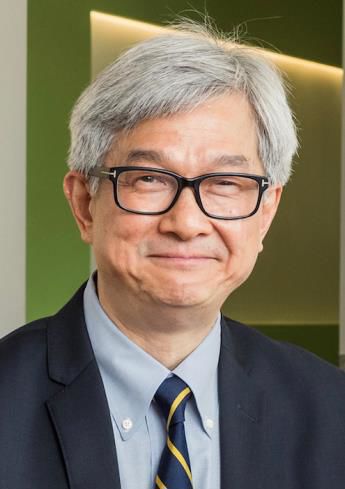Salivaomics, Saliva Diagnostics & Saliva Liquid Biopsy
- Location
- Michael Tippet Room Staff House
- Dates
- Monday 30 October 2017 (17:30-18:30)

WORKSHOP LEADER: Professor David Wong University of California, Los Angeles
The Institute of Advanced Studies is delighted to welcome Professor David Wong.
Over the past two decades, Professor Wong has pioneered a portfolio of research in discovery, pathogenesis and translation of oral fluid-based molecular diagnostics. He has revolutionised saliva diagnostics, a “mirror of the body”, and has significantly contributed to discoveries in salivary transcriptome (extracellular RNA), non-coding RNA, proteome, microbiome and metabolome. Professor Wong has also the development of saliva biomarkers for oral and systemic disease detection (oral cancer, pancreatic, breast, lung and ovarian cancers) and has translated these to functional assays in the clinic.
Saliva has long been considered a "mirror of the body" that reflects the state of overall health. Systemic diseases, such as diabetes and Sjögren's syndrome, have oral manifestations that clinicians can encounter in patients at various stages of disease development. In recent years, sparked by initiatives from the National Institute of Health, saliva has attracted widespread interest as a diagnostic medium for rapid, point-of-care testing. The advantages of using saliva for disease detection include ease of access, noninvasive sample collection, increased acceptance by patients, and reduced risks of infectious disease transmission.
Advances in the science of salivary diagnostics have led to the development of disease signatures of salivary biomarkers for oral and systemic conditions, particularly in molecular oncology. With the development of the salivary proteome, transcriptome, micro-RNA, metabolome and microbiome as diagnostics alphabets (salivaomics) fully enabling saliva to be translated for personalised/precision medicine applications. Salivary biomarkers panels have been developed for oral cancer, lung cancer, pancreatic cancer, breast and ovarian cancers. A recent development is the demonstration of saliva detection of actionable oncogenic mutations in human cancers (EGFR mutations in NSCLC patients). Coupled with the development of point-of-care technologies and the emerging trend of chairside screening for medical conditions, the clinical impact of scientifically credentialed salivary biomarkers for molecular oncology applications will improve the access to care, reducing health disparities and impacting global health.